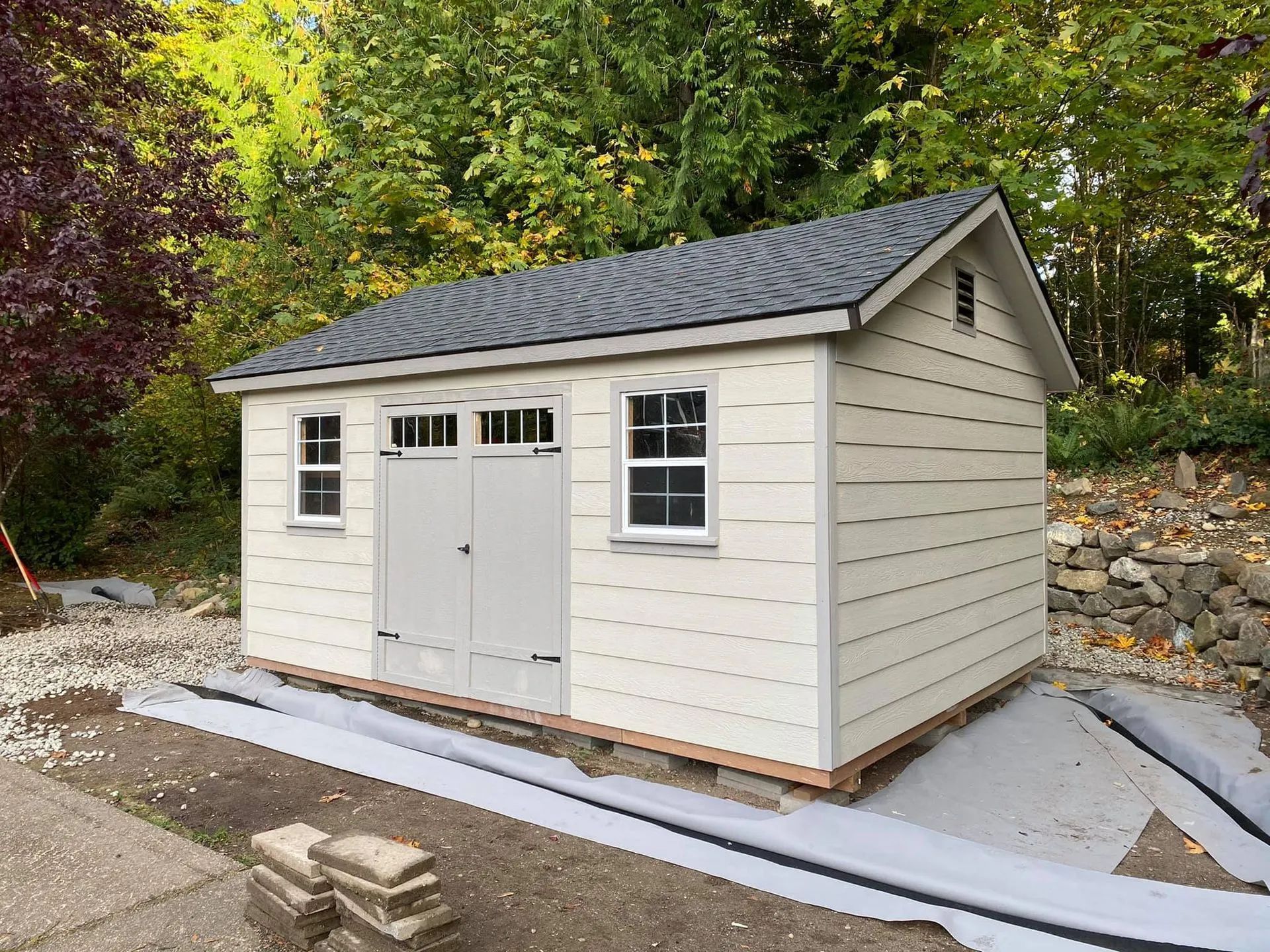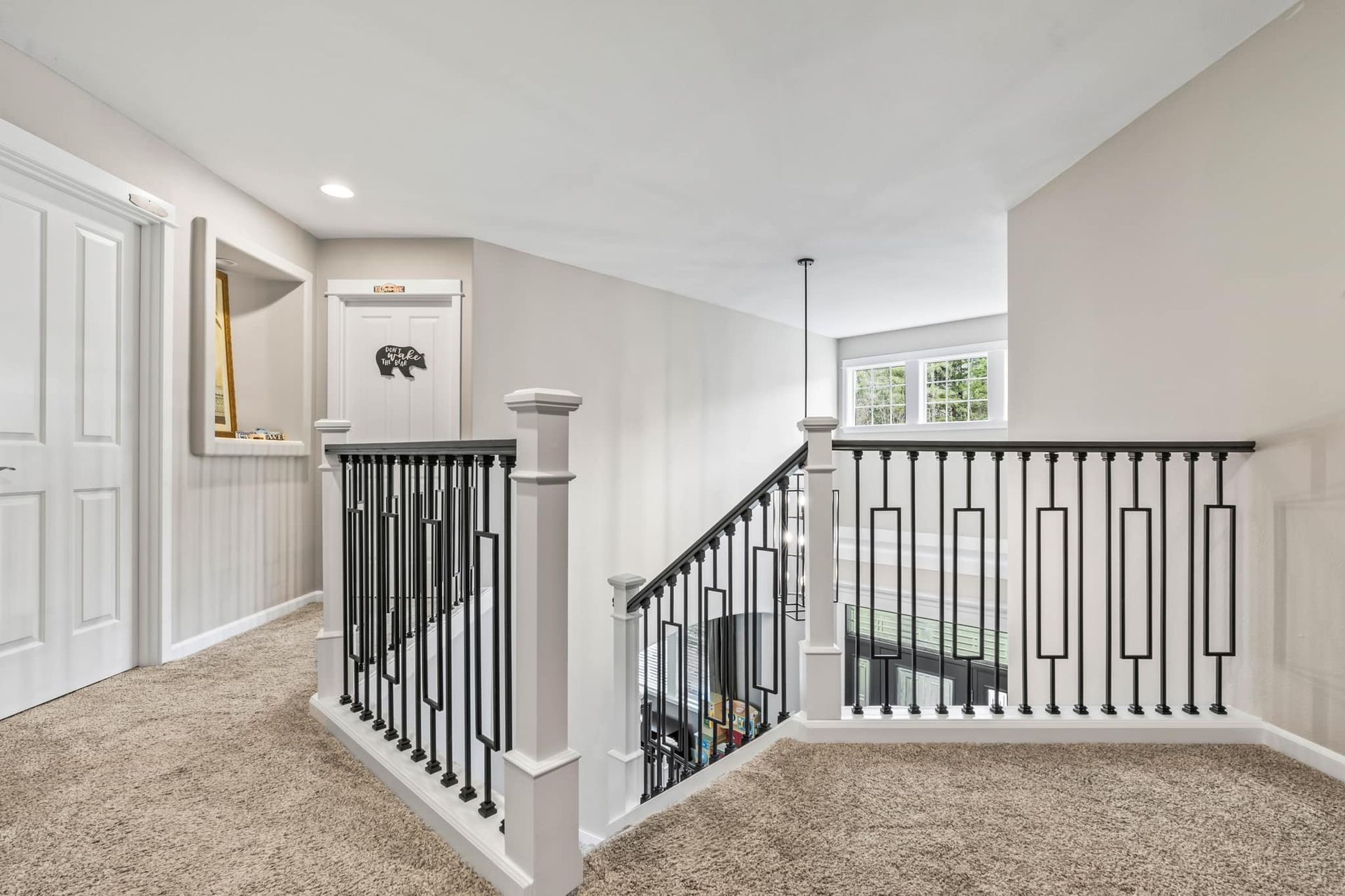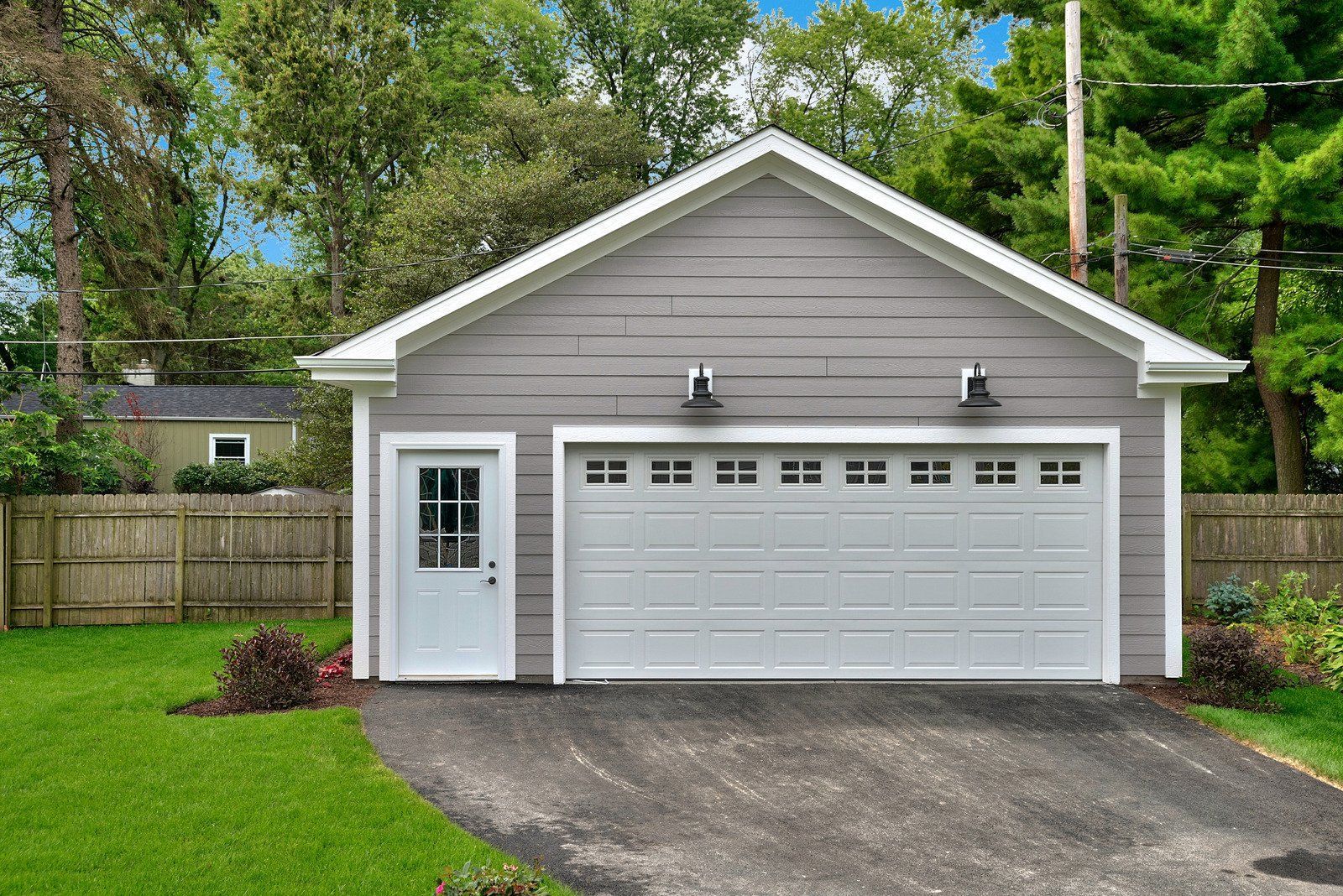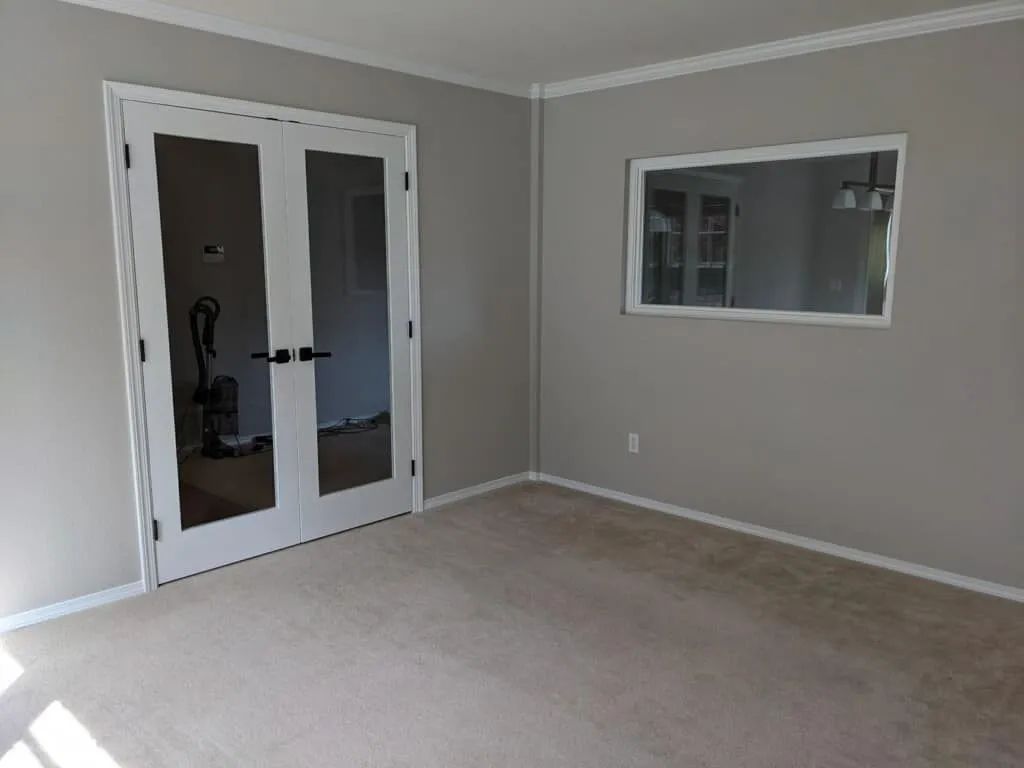The Difference Between ADUs and DADUs and Which One is Right for You
September 9, 2025

As homeowners seek creative ways to expand living space or increase property value, Accessory Dwelling Units (ADUs) and Detached Accessory Dwelling Units (DADUs) have surged in popularity. Both offer flexible housing options, whether for family, guests, or rental income. However, understanding the differences between them is crucial when deciding which is best suited for your needs, property layout, and long-term goals. With rising housing costs and shifting lifestyle preferences, these structures are becoming valuable additions for Washington homeowners, especially those looking to maximize space without purchasing a new home.
Many municipalities are relaxing zoning laws to encourage ADU and DADU development, making now a great time to consider one. These units are perfect for multigenerational households, short-term rentals, or simply adding functionality to your property. Understanding the pros, cons, and best-fit scenarios for each type will help you make an informed decision.
1. What is an ADU?
An ADU, or Accessory Dwelling Unit, is a secondary living space built within or attached to the main house. Common examples include basement apartments, attic conversions, or additions to the side or rear of the primary residence. They share the same foundation or structure and often utilities as the main home. ADUs are ideal if you want additional space but don’t want to alter the existing lot layout too drastically.
2. What is a DADU?
A DADU, or Detached Accessory Dwelling Unit, is a standalone building located on the same property but separate from the main house. Think of backyard cottages, guest houses, or small rental units. DADUs offer more privacy and independence for occupants and are typically better suited for long-term rentals, home offices, or multi-generational living.
3. Pros and Cons of ADUs
ADUs are generally less expensive to build since they leverage the existing home’s structure and utility systems. However, they may provide less privacy, especially if occupants need to share entryways or amenities. Also, not all homes have the right configuration to accommodate an ADU without major renovations.
4. Pros and Cons of DADUs
While DADUs require a larger initial investment and more space on your property, they offer enhanced privacy and independence. They can be designed from the ground up, giving you full control over layout and aesthetics. For homeowners with sufficient lot size and budget, DADUs provide more long-term flexibility and potential rental income.
5. Which One Is Right for You?
Your decision depends on factors like budget, lot size, intended use, and long-term plans. If you're working within a tight budget or want to keep construction minimal, an ADU may be ideal. On the other hand, if privacy and customization are key, and your property can accommodate it, a DADU could be a better choice.
Partner with Experts for Your ADU or DADU Project
Choosing between an ADU and a DADU is a big decision, and working with experienced professionals makes all the difference. Beach Boys Construction, based in Maple Valley, Washington, brings over 12 years of trusted experience helping homeowners design and build custom accessory dwelling units. Whether you envision a cozy in-law suite or a fully equipped backyard cottage, our team provides personalized guidance and high-quality craftsmanship to bring your vision to life. Let us help you make the most of your space and investment.




